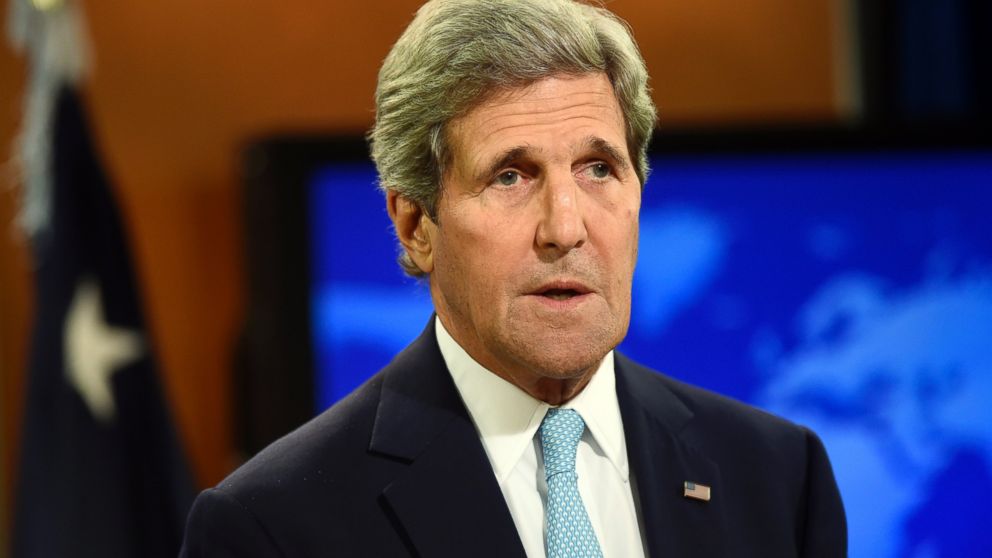US Secretary of State John Kerry on Wednesday said Washington wanted to avoid "confrontation" in the South China Sea, after an international tribunal rejected Beijing’s claims to most of the waters.
US Secretary of State John Kerry on Wednesday said Washington wanted to avoid "confrontation" in the South China Sea, after an international tribunal rejected Beijing's claims to most of the waters.
Kerry made the remarks after meeting with Philippine Foreign Secretary Perfecto Yasay in Manila where they discussed the Southeast Asian nation's sweeping victory in the arbitration case against China.
America's top diplomat said the United States wanted China and the Philippines to engage in talks and "confidence-building measures".
"The decision itself is a binding decision but we're not trying to create a confrontation. We are trying to create a solution mindful of the rights of people established under the law," Kerry said.
A tribunal based in The Hague this month ruled that China's claim to most of the strategic waterway was inconsistent with international law. The decision angered Beijing, which vowed to ignore the ruling.
But Kerry said the United States saw an "opportunity" for claimants to peacefully resolve the row.
"We hope to see a process that will narrow the geographic scope of the maritime disputes, set standards for behavior in contested areas, lead to mutually acceptable solutions, perhaps even a series of confidence-building steps," he said.
Vietnam, Malaysia, Brunei and Taiwan also have claims to the South China Sea, a vital waterway through which $5 trillion in annual trade passes. It is also believed to sit atop vast reserves of oil and gas.
Kerry, who arrived in Manila on Tuesday after attending a regional summit in Laos, met with Philippine President Rodrigo Duterte after Yasay.
On Tuesday, Kerry said he would encourage Duterte, who assumed office on June 30, to engage in dialogue and "turn the page" with China.
